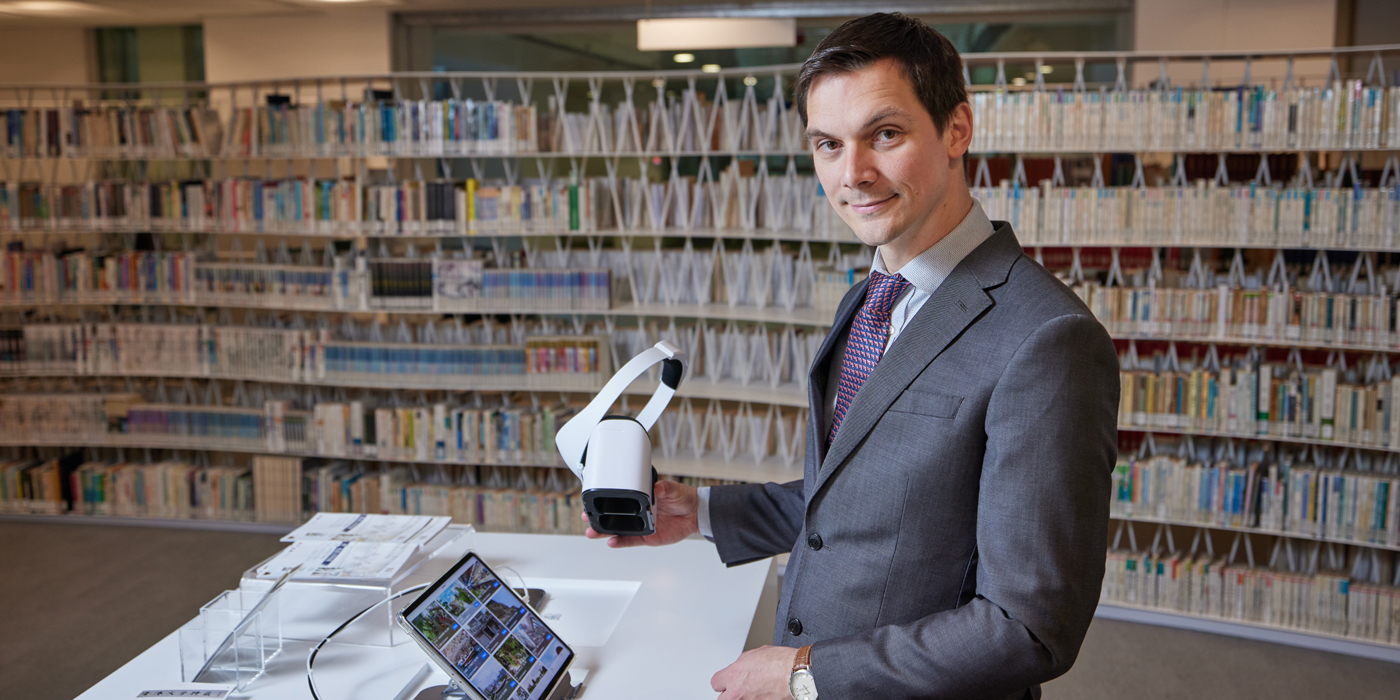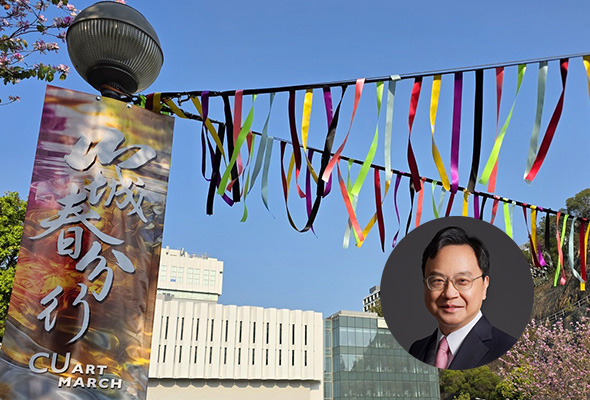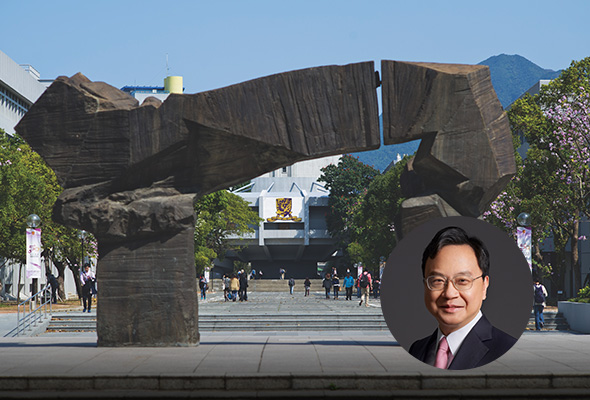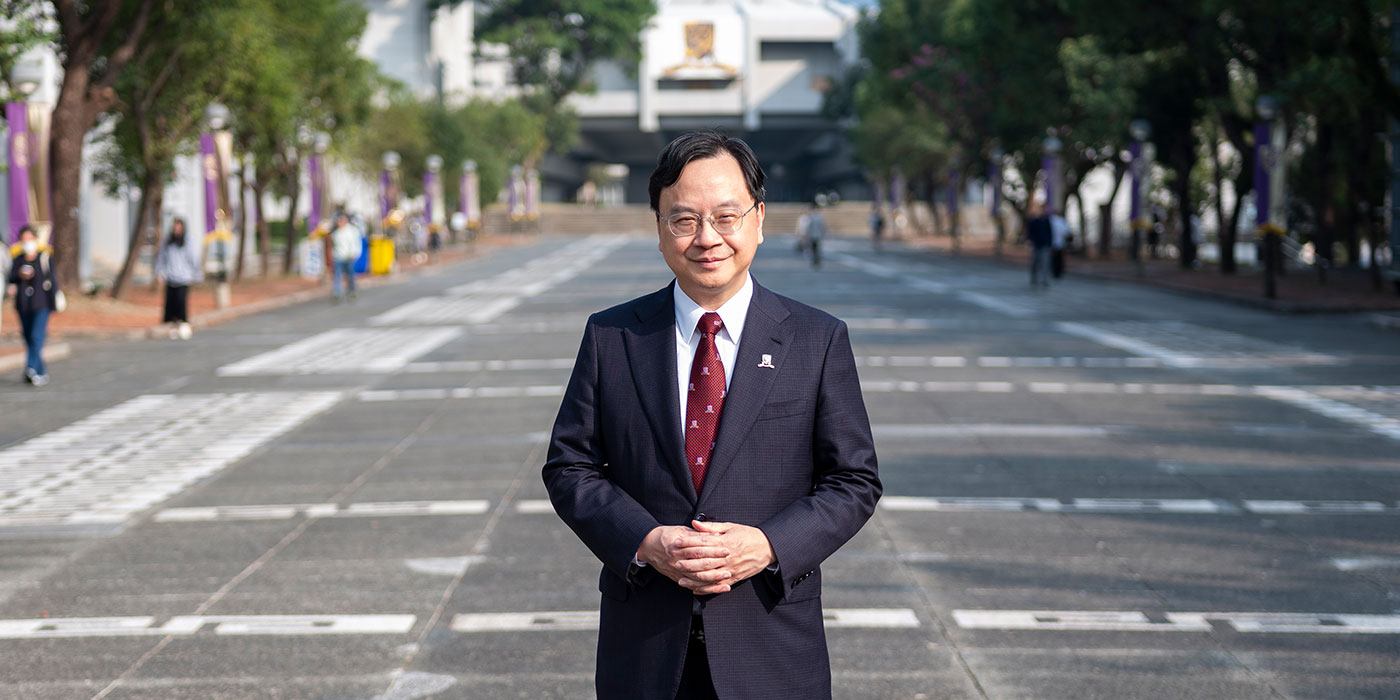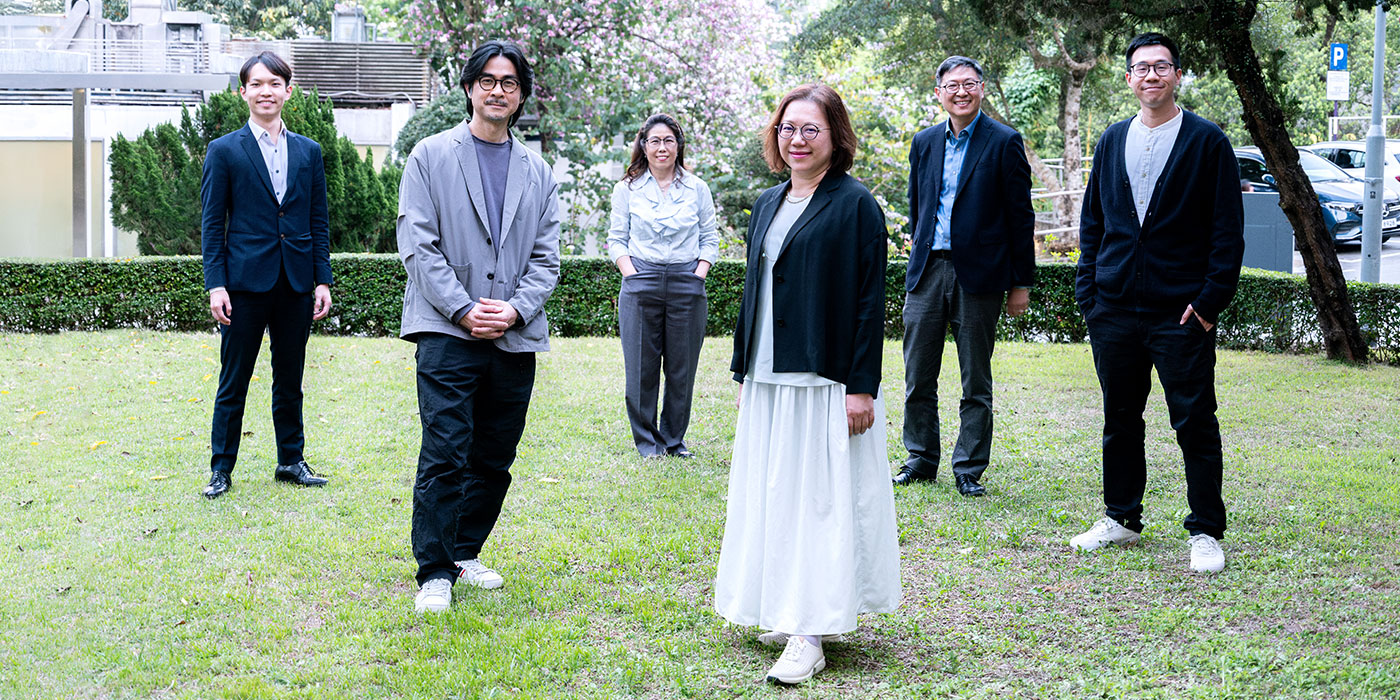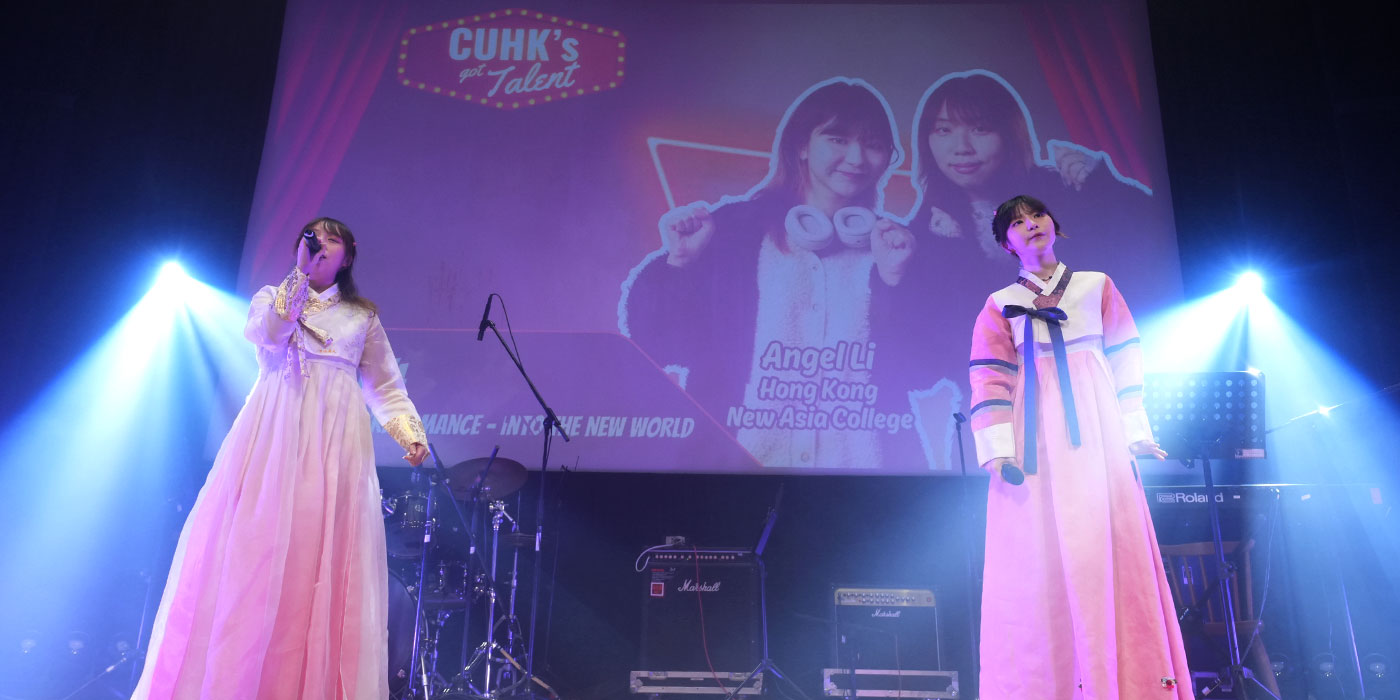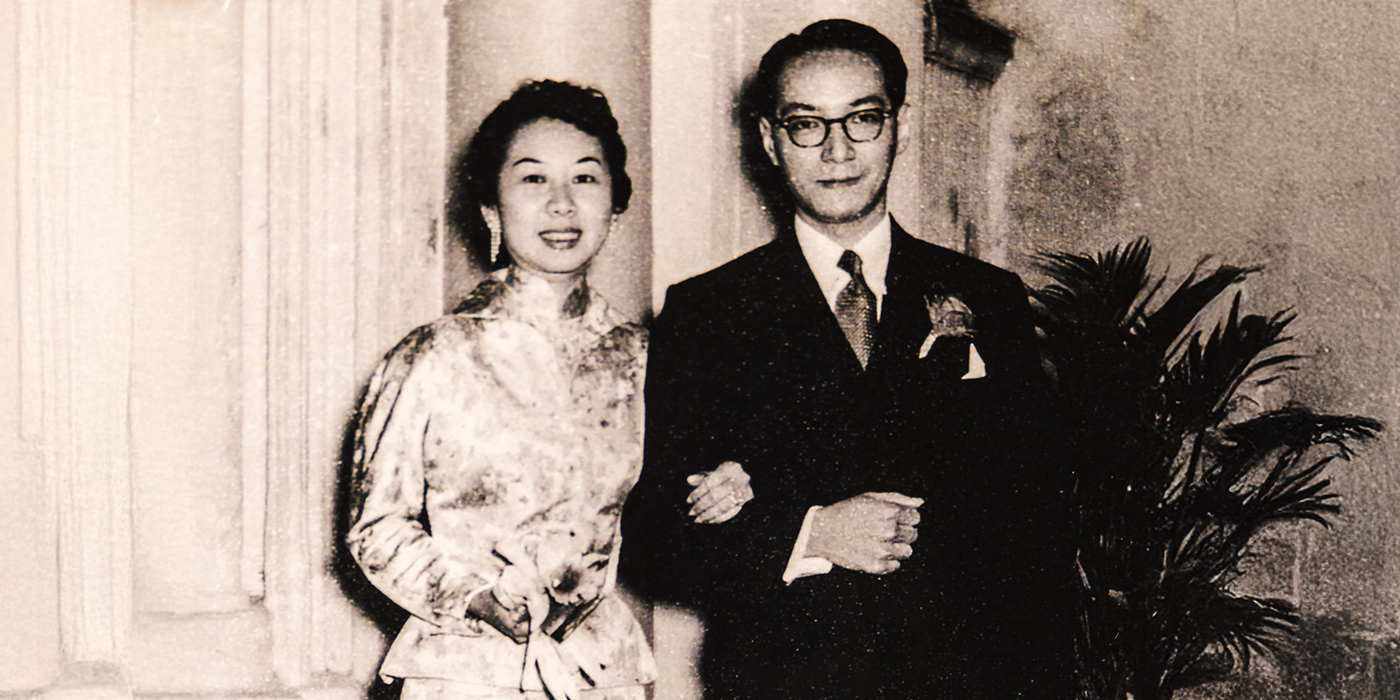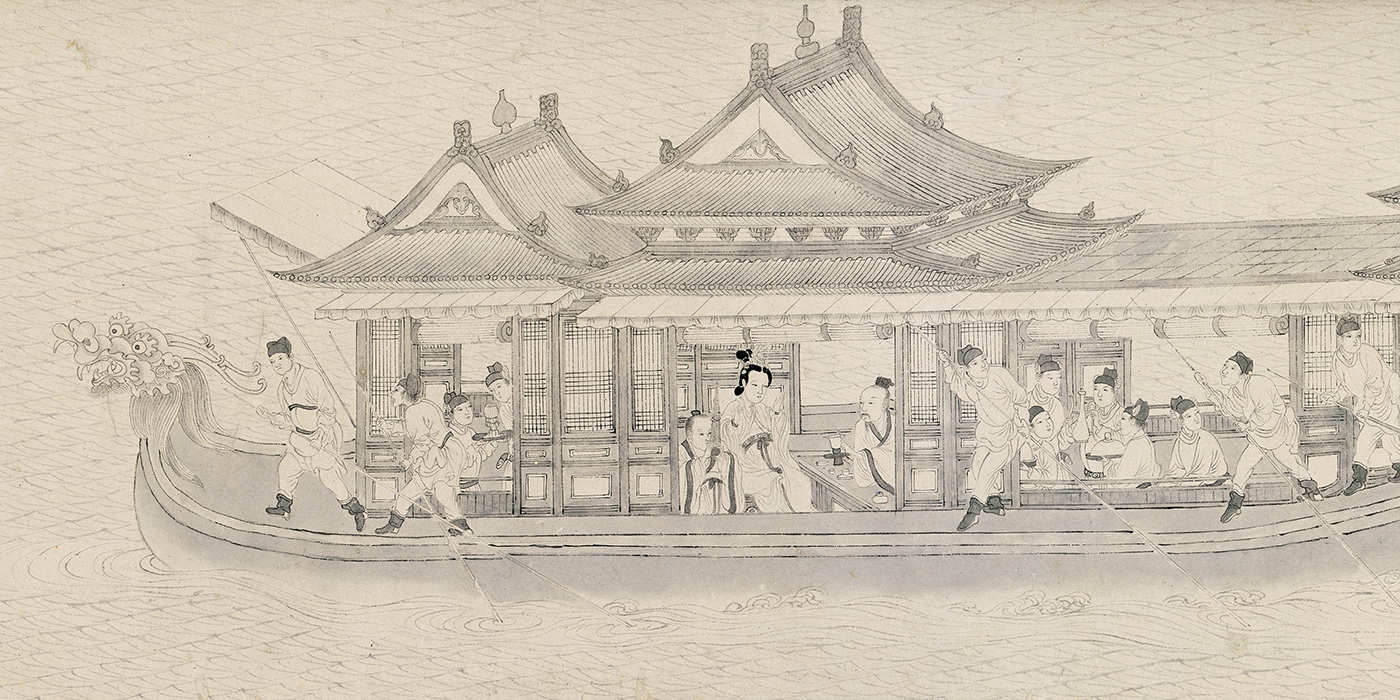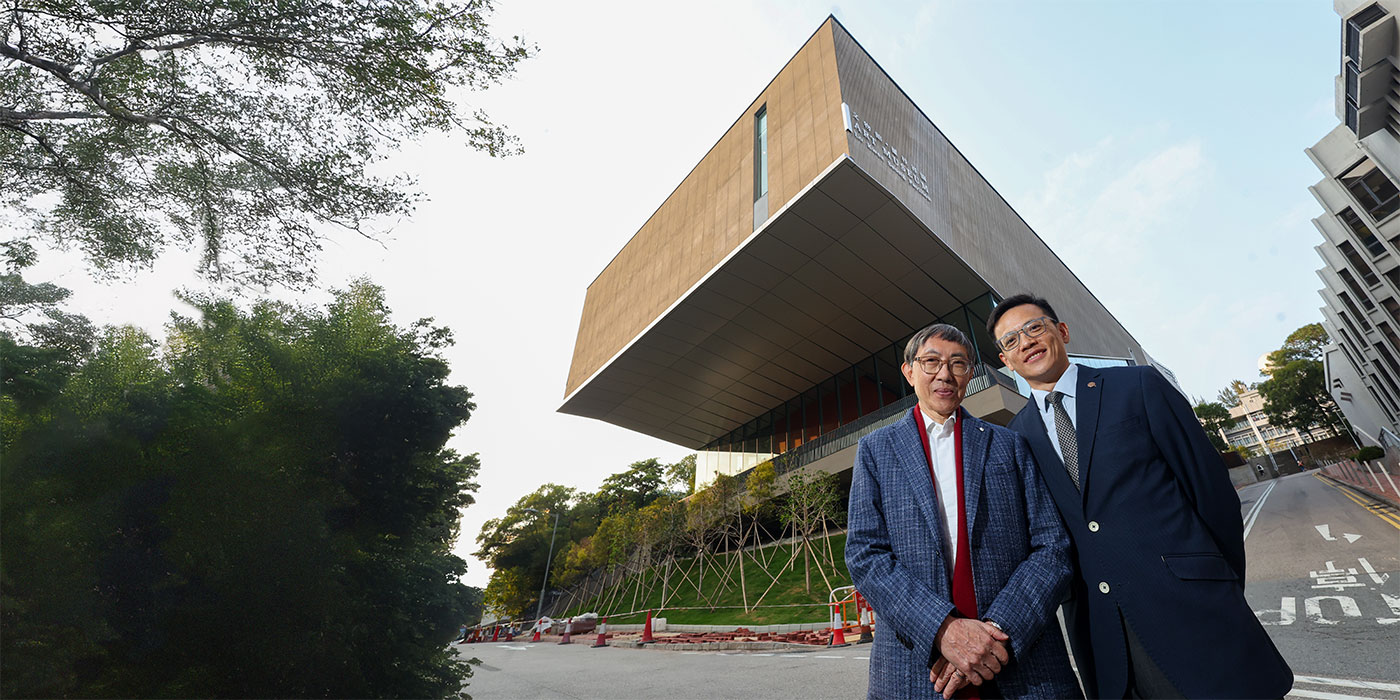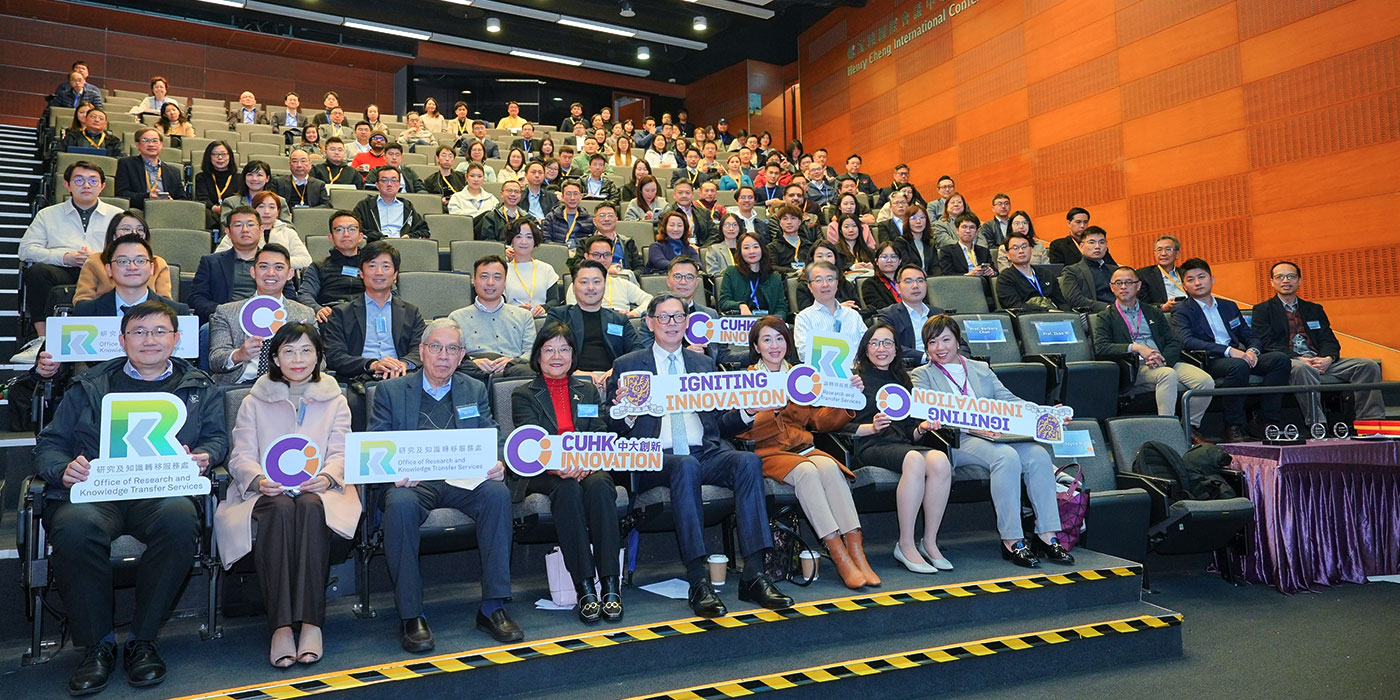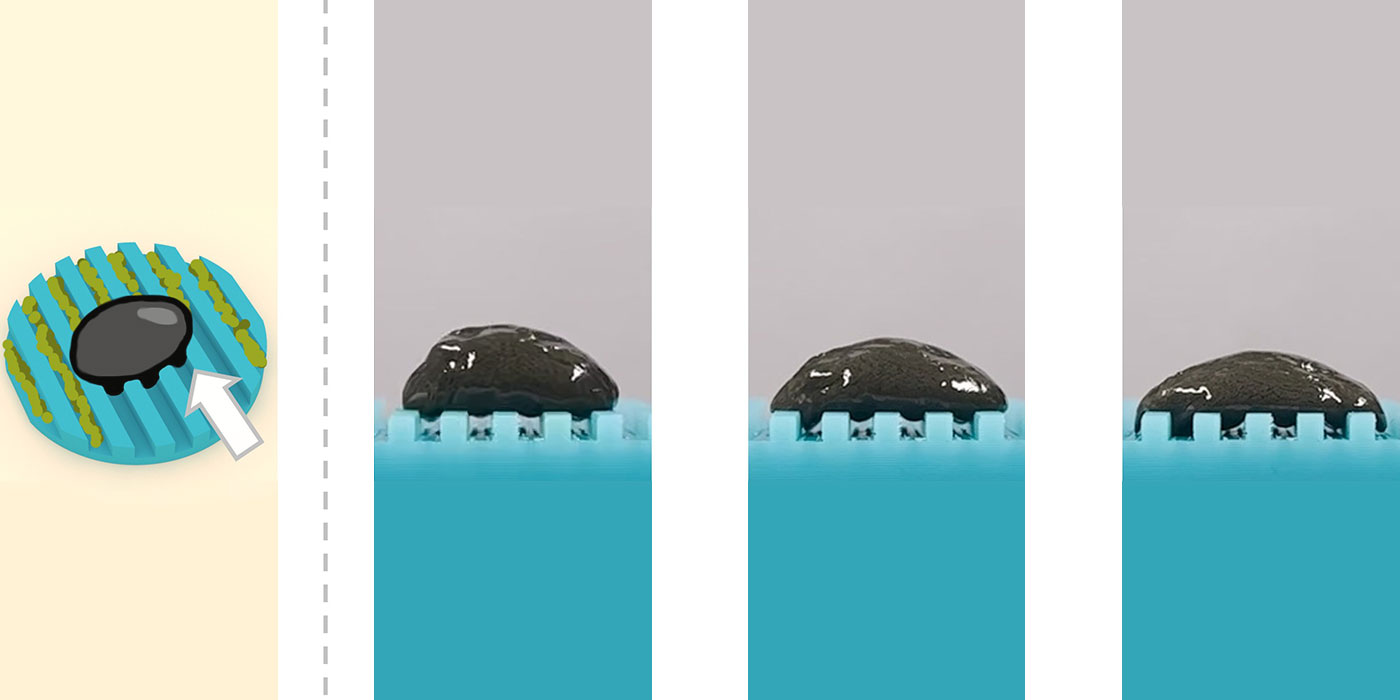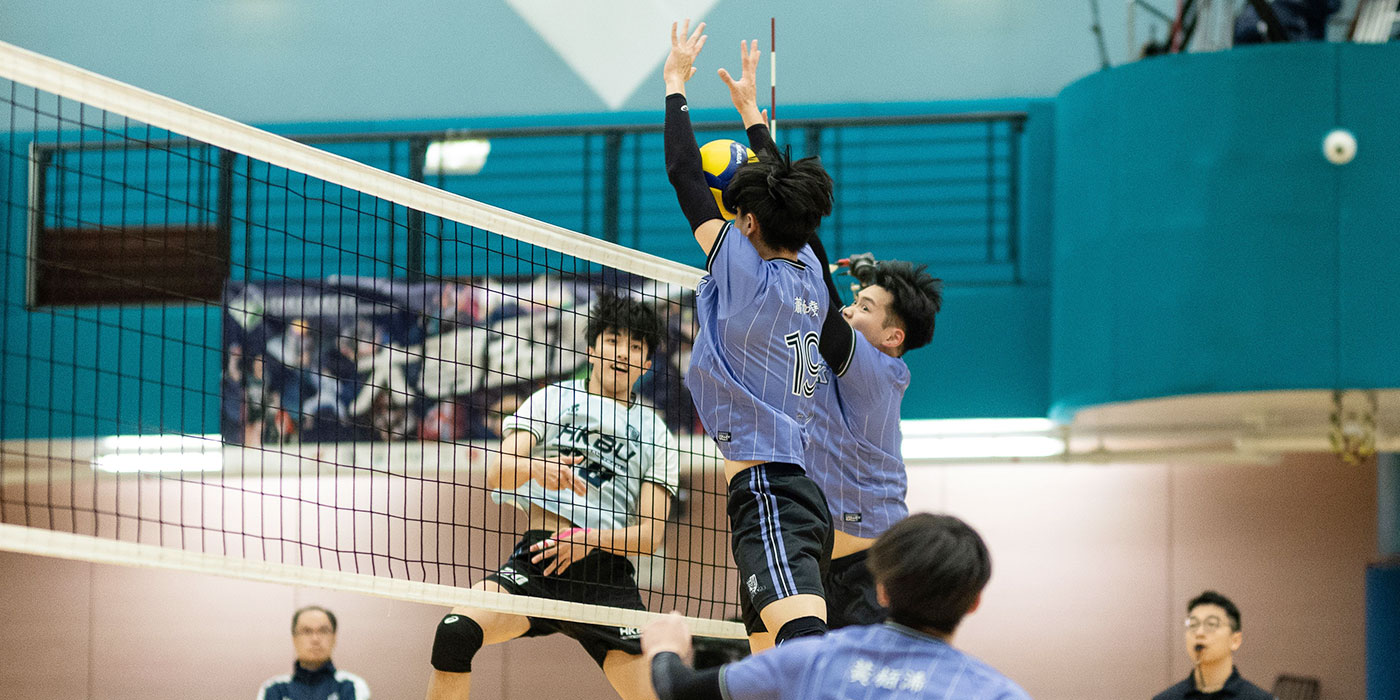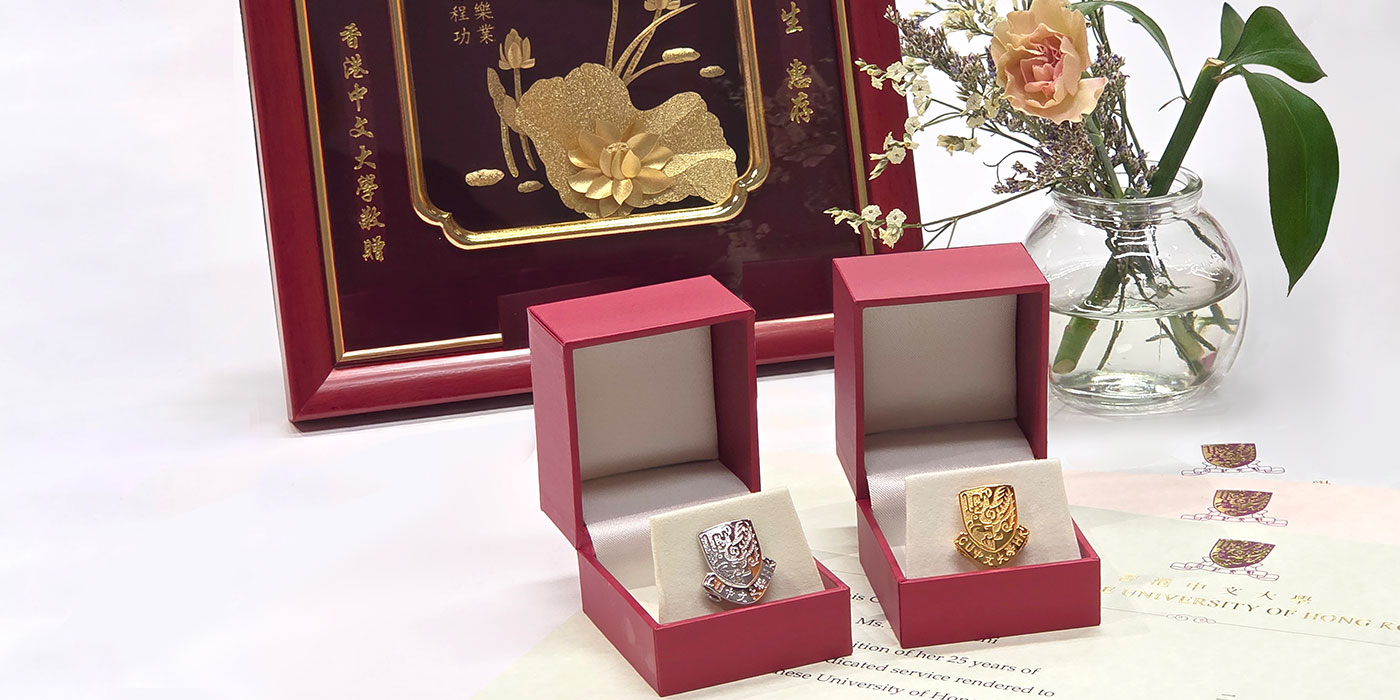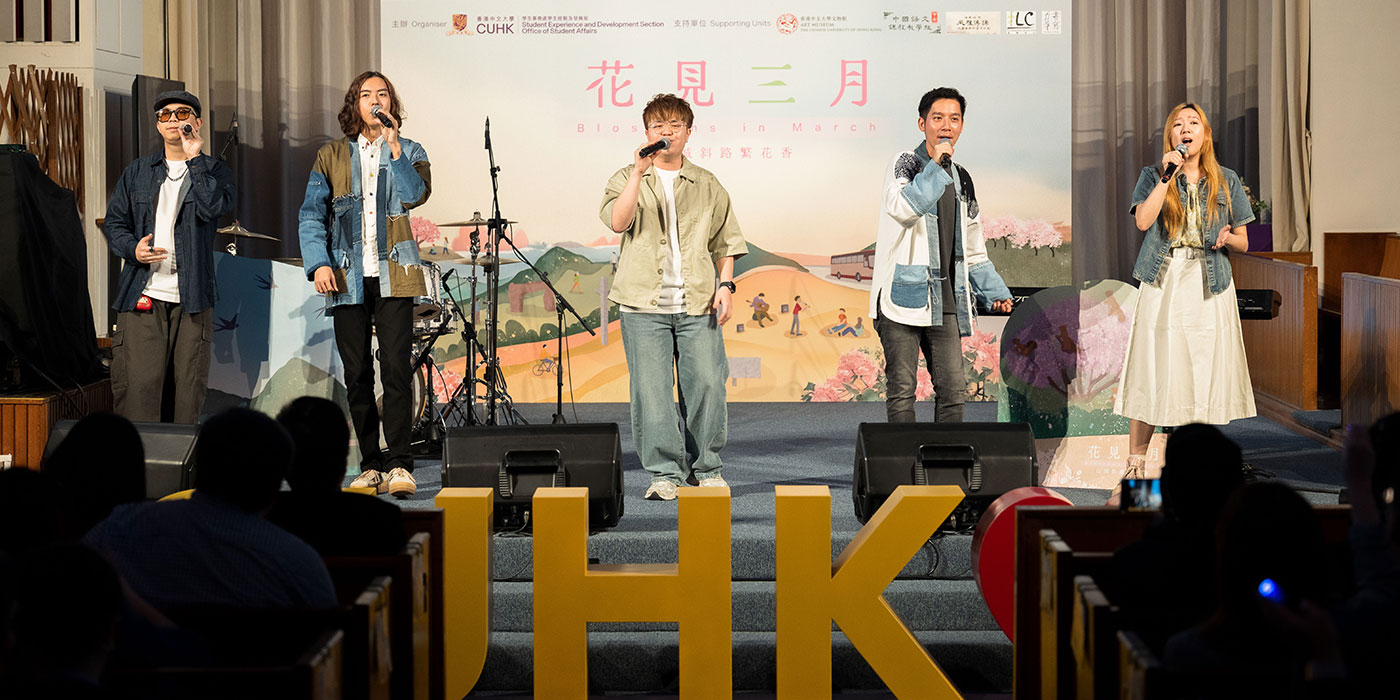A critical information broker
Benjamin Meunier on rethinking the library in the age of AI
When ChatGPT burst onto the scene late last year, CUHK’s new University Librarian, Benjamin Meunier, conducted a little experiment to see if the AI tool was smart enough to replace him in his academic role.
While at University College London, where he had been based for 16 years, he challenged the chatbot to produce a list of books and journal articles on the relationship between Emperor Constantine of ancient Rome and Bishop Athanasius of Alexandria. It was the topic Meunier had studied for his major in ancient history and classical archaeology at the University of Warwick. None of the 20 titles generated was recognisable.
“I wondered, is it because I didn’t do a very good job as an undergraduate student? Then I adjusted the prompt’s scope back to the year I read for my dissertation and found titles that were close enough to real titles,” Meunier, tells CUHK in Focus. “What AI did with ChatGPT was combine authors, titles and dates in a probabilistic way. These authors could have written this kind of thing. But the titles themselves did not refer to actual published works.”
‘Safe in my role’
So, when he arrived in Hong Kong in April to assume his new role, he was able to brush aside doubts expressed about his job security by bank staff helping him open a new account. “They were surprised that my job still existed. I told them about my little experiment and reassured them I was quite safe in my role,” he jokes.
That includes managing the operations of CUHK’s seven libraries with strategic planning, enhancing the student learning experience, and strengthening collections for the University’s key research areas as well as across the disciplines. The University Librarian leads a 220-strong dedicated staff, overseeing access by students and academics to more than 2.8 million printed books from all the collections, plus 5.4 million electronic books and more than 1,000 e-databases.

Born in Paris, Meunier joined University College London’s Library Services in 2006 and rose to be director of operations for the libraries, museums and theatre, having focused on organisational innovation, delivery of administrative services, quality and user experience. He also led the development of library services for UCL East, a new campus.
A lover of the arts and Classics, he enjoys making comparisons between ancient Greek writings and Chinese classics such as The Art of War by Sun Tzu, The Analects of Confucius and some of Laozi’s writings. “Some of the themes in Greek philosophy around self-control and self-awareness resonate with the writings of both Laozi and Confucius,” says Meunier. “These kinds of ideas do have universal resonance which we can still learn from even in 2023.” He sees his new life in Hong Kong as a chance to “complete his education” about China and East Asia.
Having already mastered English, French, German, Latin and ancient Greek, Meunier has now taken up the challenge of learning Cantonese and plans to study Putonghua next year. The scorching heat and rains in Hong Kong have not dampened his spirits, but rather, remind him of warm, humid summers during his childhood days in the city of Lyon.
Trustworthy sources
Whether libraries face an “existential crisis” in the modern era has been a subject of constant debate in Britain and Europe in the past few decades, even before AI dominated the agenda.

“What I’ve witnessed in the UK is an attempt to rethink the library as a broker of information,” he says. That includes providing access to digital resources. “The library can select and acquire trustworthy digital sources of information.”
He urges students using AI tools to make sure they go through a proper process of checking sources, as he did when testing ChatGPT. “AI is a very powerful tool. We are still learning to understand its potential and how we can harness it in a way that benefits humanity,” he says.
“We need to train our students to navigate this very diverse world of information sources to be able to sift through what is useful and what it isn’t… This is the role of the library service provider in this new AI ecosystem.”
While he doubts that AI can ever replace librarians, Meunier says his team does have plans to introduce a Chatbot service next year to improve service availability without increasing pressure on library staff already handling large volumes of user enquiries. The digital enquiry service will respond to basic enquiries when staffed services are unavailable and it will be “trained” to refer questions it cannot answer to expert staff.
The importance of opening up
Academic libraries have also been reinventing themselves as places that offer a wide range of learning spaces as the curricula in universities are placing more emphasis on collaborative projects, notes Meunier. These include spaces for group study, social interaction and students with special needs.
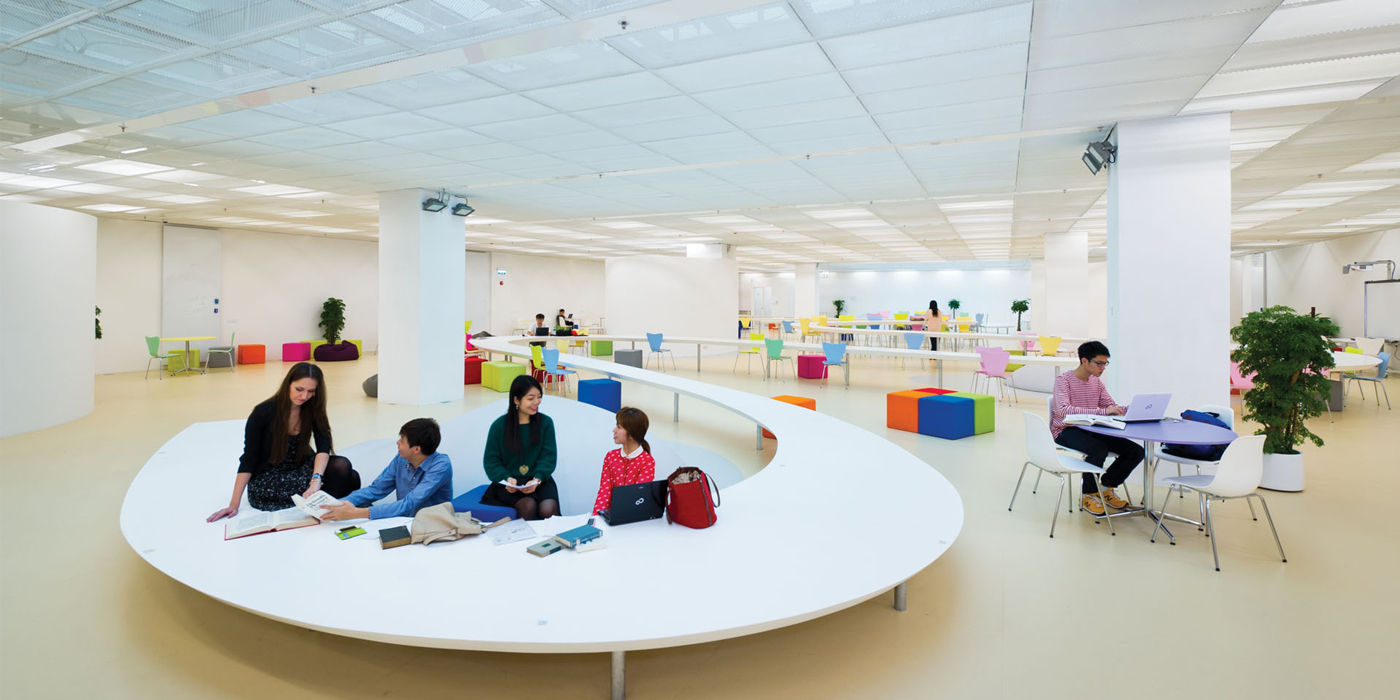
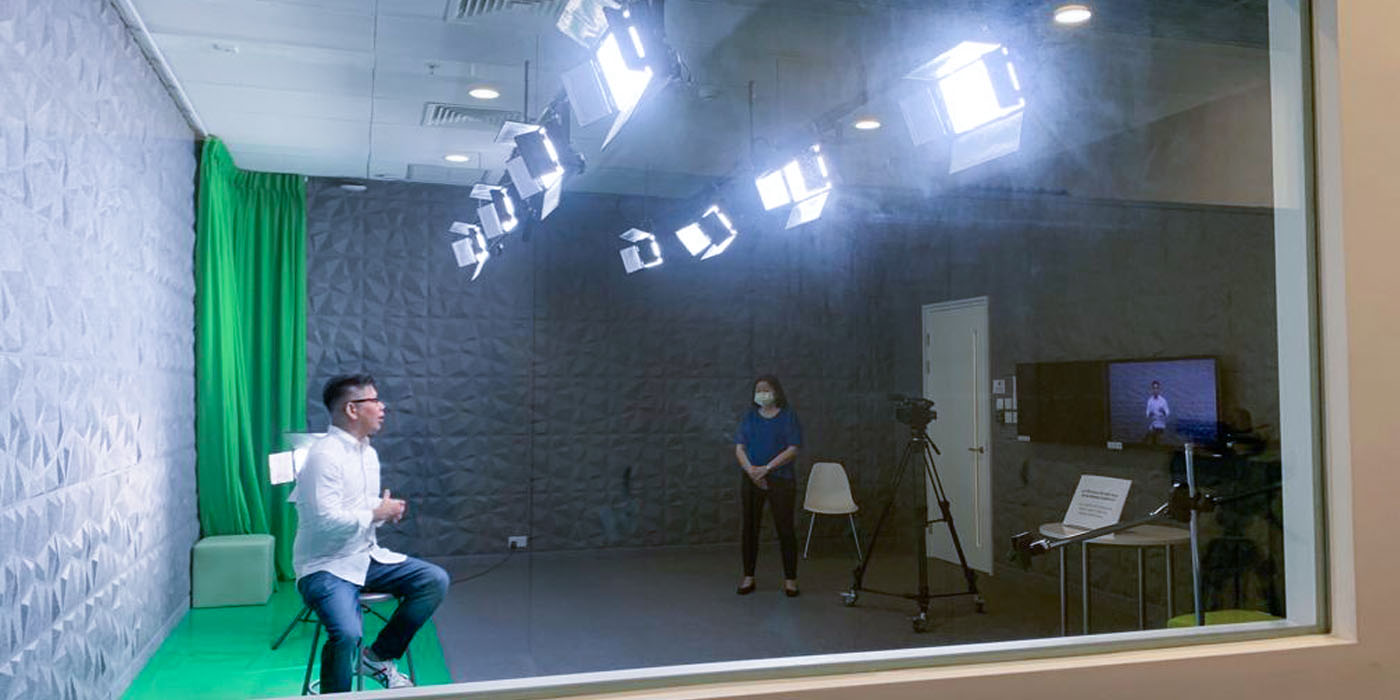
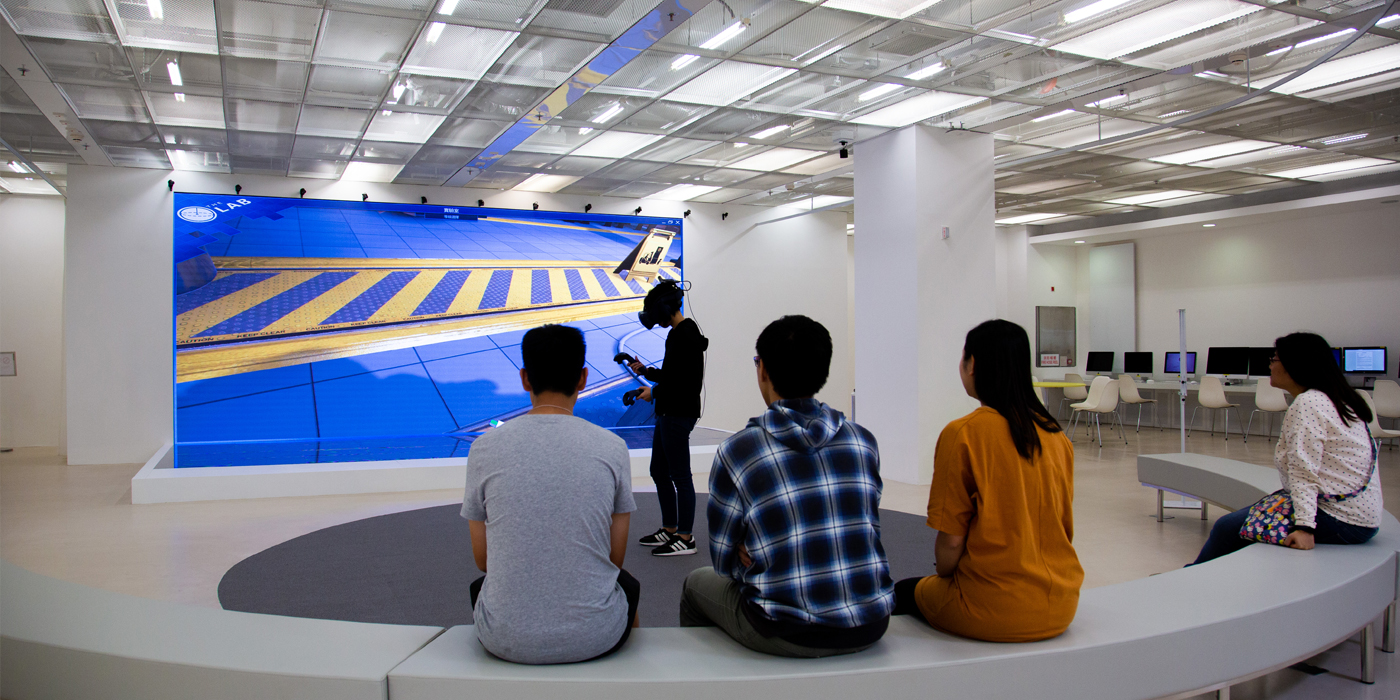
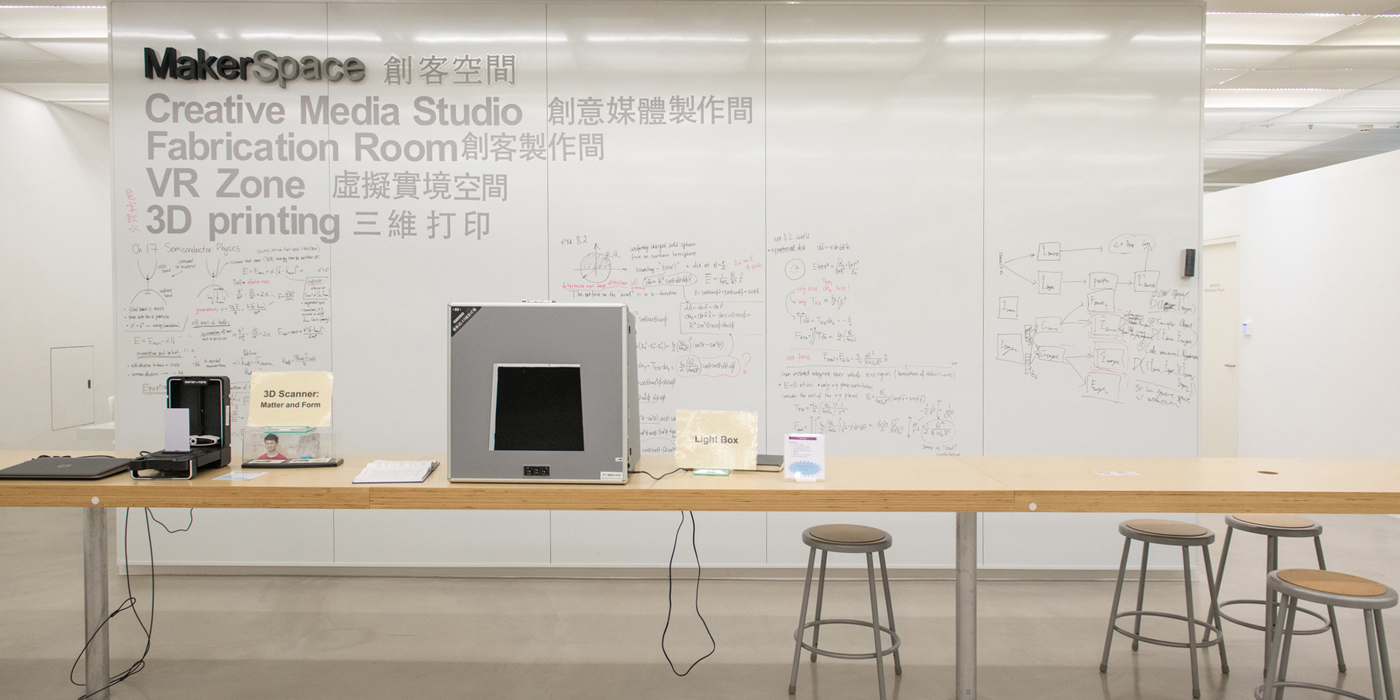
Learning Garden and MakerSpace at the University Library, CUHK
The University Library at CUHK, for example, has in recent years upgraded its Learning Garden and MakerSpace, a study space that encourages creative group work with a wide range of equipment including multimedia workstations, augmented reality (AR) applications, a creative media studio, and a digital fabrication space with 3D printers and scanner.
To create more space, Meunier says many university libraries in Britain have been reducing the number of printed titles they hold and sharing access to titles that are not unique to individual collections.
A similar idea has been explored by Hong Kong’s Joint University Librarians Advisory Committee (JULAC), a platform for coordination among the eight publicly-funded universities, but a shared storage facility has yet to materialise. Meunier hopes to pursue that conversation within JULAC and explore if CUHK can repurpose some of its library spaces for learning. This, he says, is a need that students have repeatedly identified in satisfaction surveys.
More broadly, Meunier believes that library services can contribute further to fostering an open scholarship culture at CUHK. This is already part of the library’s strategic plan.
In the European Union and Britain, governments require open access to publicly-funded research to facilitate data sharing and collaboration. In Hong Kong, that culture of open scholarship and open science is only beginning to develop. So far, JULAC has reached 17 open-access agreements with academic journal publishers and continues to negotiate with large publishers.
“Open scholarship is about being more collaborative, remembering the reason we’re here isn’t solely about being top in global rankings,” says Meunier. “If we are generous and share, we will be more attractive to partners in other parts of the world, and this will also drive the impact and reputation of the university.”
By Joyce Ng
Photos by Keith Hiro

